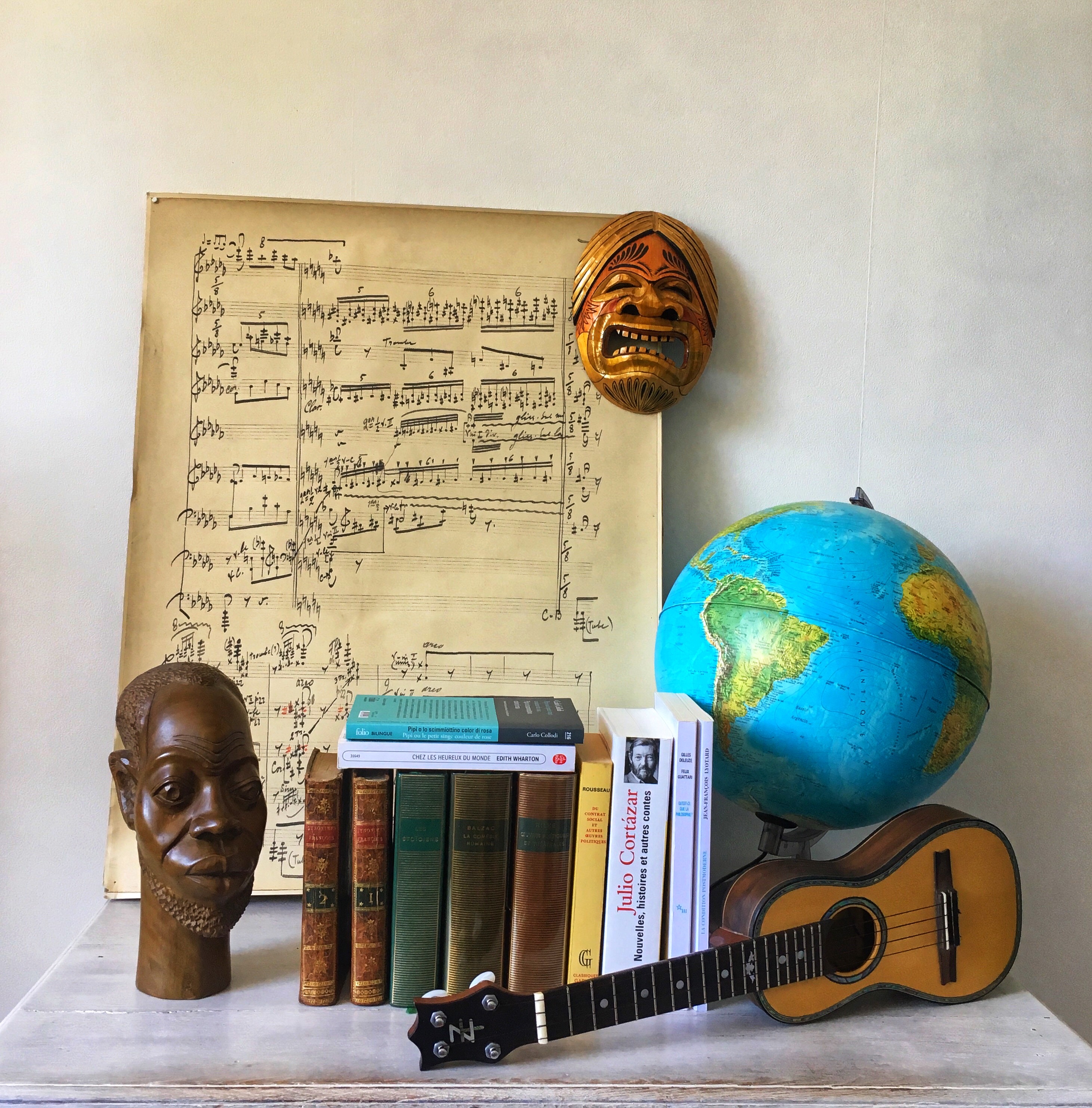Interactions Culturelles et Discursives (ICD)
Son domaine de recherche s’étend, chronologiquement, de l’Antiquité jusqu’au XXIe siècle et, géographiquement, de l’Europe et du bassin méditerranéen jusqu’aux continents africain et américain.
Champs d’étude concernés :
- Histoire culturelle des mondes classiques (Antiquité gréco-romaine), modernes et contemporains (francophones, anglophones, germanophones, hispanophones, italianophones)
- Littératures et analyse des discours (presse, politique, philosophie)
- Analyse des discours musicaux, iconographiques et filmiques
- Études sur le genre et les constructions identitaires
Axe 1 : « Culture et politique »
Axe 2 : « Écritures et autres pratiques discursives »
Axe 3 : « Identités construites et déconstruites, genres ; Humanités environnementales »
Sans renoncer à la recherche spécialisée correspondant à telle ou telle section CNU, l’équipe encourage les études transversales. Les axes manifestent chacun des convergences dans les problématiques et dans leur mise en œuvre, tout en présentant entre eux des voies de passage. Les membres de l’équipe peuvent ainsi participer à plusieurs axes, selon le principe d’une libre circulation.
ICD organise chaque année à Tours même entre 4 et 8 colloques internationaux, et 10 à 12 journées d'étude, et participe à l'organisation d'autres manifestations scientifiques dans des universités françaises ou étrangères (pour la programmation, voir page Activités scientifiques).
Responsables : 
Directeur : Tri Tran
Directeur adjoint : Erick Falc'her-Poyroux
Trésorière : Anne Ullmo
Correspondante Recherche-International (CRI) : Emmanuelle Terrones
Correspondante Neolaia : Cécile Chapon
Correspondant·es Science Avec et Pour la Société (SAPS) : Sylvie Toscer-Angot et Carlos Tous
Correspondant HAL : Jérémy Michot
Correspondant Transition écologique : Florent Kohler
Programmes financés en cours
– ANR PsalteRATIO (AAPG2022), coord. Vladimir Agrigoroaei, resp. Tours-ICD Ileana Sasu: Étude comparative des traductions vernaculaires des psautiers en vers en France et en Angleterre – 2023-2026
– ANR JCJC TRUST_ISSUES (AAPG2023), coord. Marc Goetzmann (ICD): «Des Community Land Trusts aux Organismes de Foncier Solidaire. Étude d’un “transfert” juridique» – 2024-2027
Revues :
- Cahiers d'Histoire Culturelle
- Revue hispaniste "Lectures du genre"
- A.R.T. (Ateliers de Recherches Transdisciplinaires: revue des doctorants)
- Banlieues Littéraires
The interdisciplinary research unit ICD EA 6297 was born in 2012 with the merger of four groups belonging to the Letters, Languages, Human Sciences sector and grouping colleagues from two faculties (Letters and Languages, and Arts and Human Sciences), and the new entity allows the collaboration of academics working in the following departments: English, German, Spanish/Portuguese, Italian, Latin, French and comparative literature, performing arts, musicology and philosophy. Chronologically, its field of research starts with the ancient world and extends all the way to the 21st century. Geographically, it includes Europe, the Mediterranean, Africa and the Americas.
Skills and know-how
- cultural history of the ancient (Greek and Roman), modern and contemporary worlds (in a French-, English-, German-, Spanish- and Italian-speaking context)
- literature and the analysis of discourse (press, politics, philosophy)
- analysis of musical, iconographic and filmic discourses
- Gender studies and studies pertaining to identity
Applications areas
- Contemporary thought with regard to politics (autonomy and federalism, Brexit, forms of liberalism), culture and changes in lifestyle (gender and modern technologies)
- Literary publications and translations
- Expertise on plagiarism
Liens
- Faculté de Lettres et Langues
- UFR Arts et Sciences humaines
- Pôle franco-allemand de l'Université de Tours
Salle des doctorants (TA 401, 4e étage) :
Catalogue sur Zotero
Webmestre : Sophie LARGE
Archives scientifiques
Voir aussi
Emrah Günok, chercheur en exil et lauréat du programme d’accueil PAUSE à l’université de Tours
Laurent Vannini, artiste-traducteur en résidence à l'université de Tours au sein d'ICD
